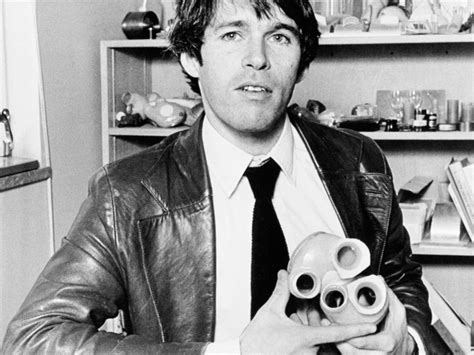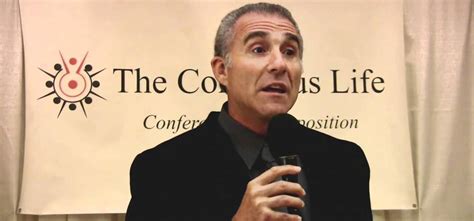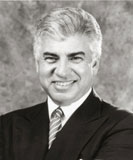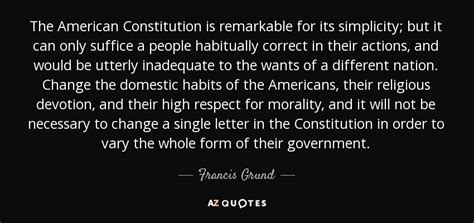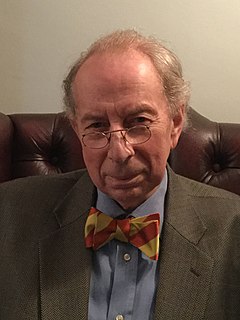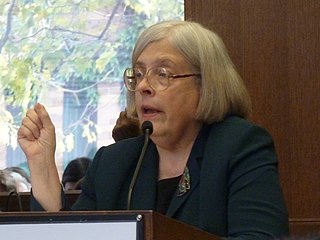A Quote by Robert Jarvik
The United States has an active pharmaceutical industry that has brought huge benefits to the U.S. public. Most Americans, who benefit from these advances, have little understanding of how difficult it is to create an important new medical therapy and make it available to improve public health.
Related Quotes
Since the 1920s, virtually all continuing medical and public health education is funded by pharmaceutical companies. In fact, today, the FDA can't even tell health scientists the truth about vaccine contaminants and their likely effects. The agency is bound and gagged by proprietary laws and non-disclosure agreements forced upon them by the pharmaceutical industry. Let us not forget that the pharmaceutical industry, as a special interest group, is the number one contributor to politicians on Capital Hill.
Who benefits from Wi-Fi? We all benefit from Wi-Fi. Is there an industry here? Of course, there is an industry, as well. The point is public health needs protecting. I don't think you should have to prove that there is some profiteer who might have an ulterior motive in order to protect public health.
The United States has got to join the rest of the industrialized world in making sure that working families of the middle class have benefits that they absolutely need. We are the only major country on Earth that does not guarantee health care to all people as a right. We are the only major country on Earth that does not provide paid family and medical leave. There are many countries around the world which make sure that public colleges and universities are tuition-free. In our country, it's becoming increasingly difficult to afford to go to college.
The best way to alleviate the obesity "public health" crisis is to remove obesity from the realm of public health. It doesn't belong there. It's difficult to think of anything more private and of less public concern than what we choose to put into our bodies. It only becomes a public matter when we force the public to pay for the consequences of those choices.
Over the past two decades the pharmaceutical industry has moved very far from its original high purpose of discovering and producing useful new drugs. Now primarily a marketing machine to sell drugs of dubious benefit, this industry uses its wealth and power to co-opt every institution that might stand in its way, including the US Congress, the FDA, academic medical centers, and the medical profession itself.
I consider the domestic virtue of the Americans as the principle source of all their other qualities. It acts as a promoter of industry, as a stimulus to enterprise and as the most powerful restraint of public vice. . . . No government could be established on the same principle as that of the United States with a different code of morals.
In the last century the practice of medicine has become no more than an adjunct to the pharmaceutical industry and the other aspects of the huge, powerful and immensely profitable health care industry. Medicine is no longer an independent profession. Doctors have become nothing more than a link connecting the pharmaceutical industry to the consumer.
Why do Americans find government so baffling and irritating-even though many of us depend on public programs for a secure retirement, an affordable mortgage, or a college loan? In this timely and important book, political scientist Suzanne Mettler explains how the United States has come to rely on hidden, indirect policies that privilege special interests but puzzle regular citizens. American democracy can do better, and she shows how. Politicians and the public alike have much to learn from her brilliant and engaging analysis.
